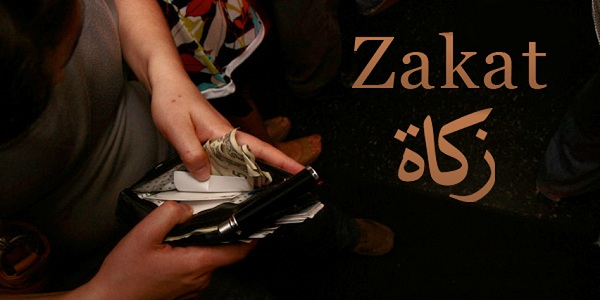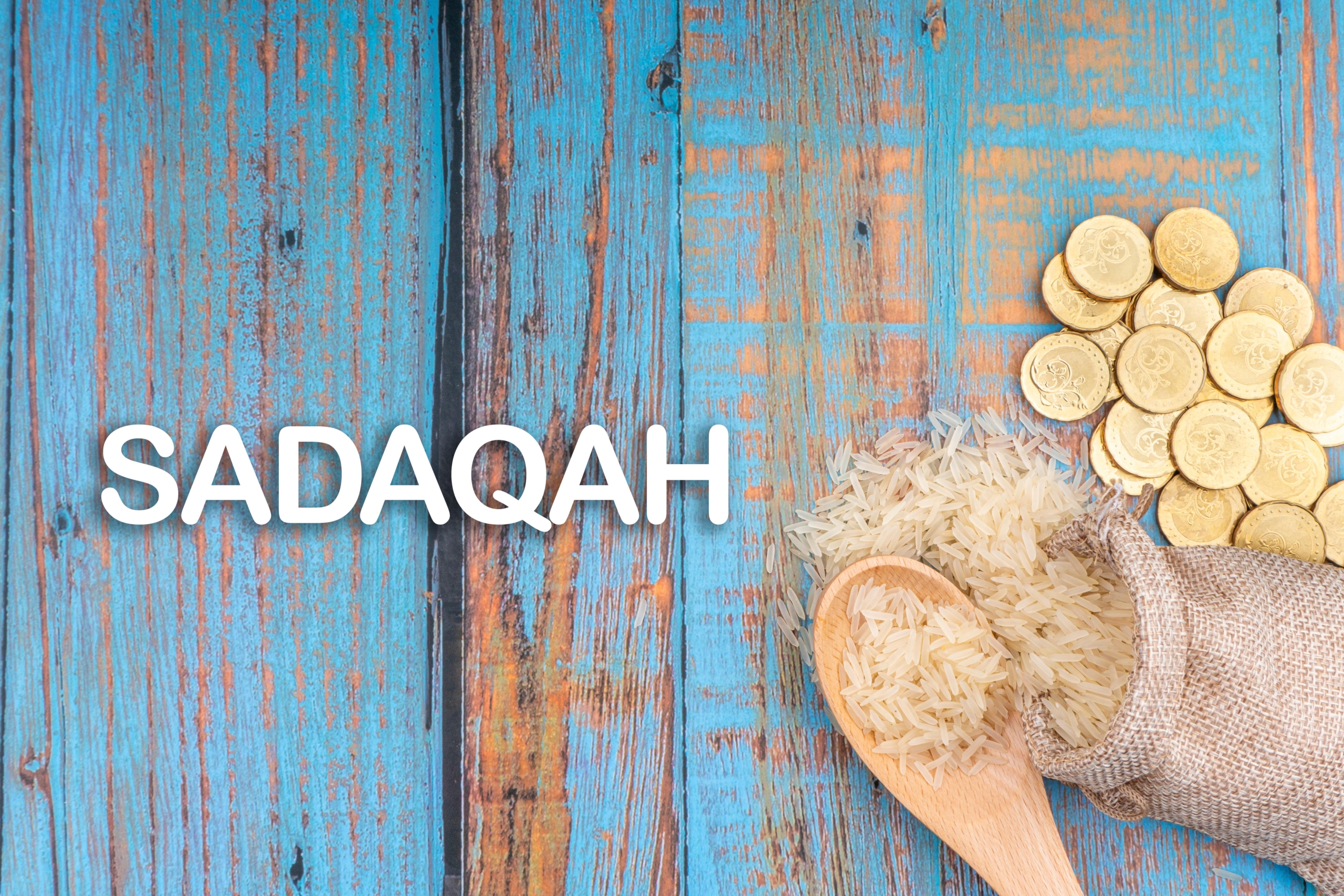Zakat and Sadaqah are two important concepts in Islam related to giving in charity. While they both involve donating wealth for the betterment of society, there are significant differences between Zakat and Sadaqah in terms of their obligations, purposes, calculation, and distribution.
In Islam, charity holds great significance, promoting social welfare and compassion towards those in need. Zakat and Sadaqah are integral components of this charitable system, each serving distinct purposes and obligations. Understanding their differences is essential for Muslims to fulfill their religious duties and contribute to the betterment of society, This articleon Arabian tongue website aims to explore and clarify these differences, providing a comprehensive understanding of both concepts.
The Concept of Wealth in Islam

Islam views wealth as a trust bestowed upon individuals by Allah. It emphasizes the importance of using wealth responsibly and sharing it with those in need. The concept of wealth in Islam goes beyond material possessions and encompasses various forms of wealth, including money, property, and agricultural produce.
Islam places a strong emphasis on charity and giving back to the community. Zakat and Sadaqah are integral parts of this charitable tradition, but they have distinct characteristics and purposes. In this article, we will explore the differences between Zakat and Sadaqah, shedding light on their definitions, significance, calculation, distribution, and more.
Definition of Zakat

Zakat, derived from the Arabic word “zaka,” means purification, growth, and blessing. It is one of The 5 Pillars of Islam that involves a specific portion of one’s wealth being distributed to those in need. Zakat is considered one of the Five Pillars of Islam, emphasizing its importance within the faith.
Purpose and Importance of Zakat
The primary purpose of Zakat is to purify one’s wealth and cultivate a sense of social responsibility. It serves as a means of redistributing wealth and providing for the less fortunate members of society. Zakat acts as a reminder of the temporary nature of worldly possessions and encourages believers to be grateful for their blessings.
Categories of Zakat
There are two main categories of Zakat: Zakat al-Mal and Zakat al-Fitr.
Zakat al-Mal:
This type of Zakat pertains to the mandatory giving of a portion of one’s accumulated wealth. It includes various assets, such as money, gold, silver, business profits, and agricultural produce.
Zakat al-Fitr:
Zakat al-Fitr is a form of charity given at the end of Ramadan, the Islamic holy month of Eid al-Fitr . It is obligatory for every Muslim, regardless of their financial status, and serves as a means of purifying the fast and assisting the needy.
Calculation and Distribution of Zakat
The calculation of Zakat is based on specific guidelines provided by Islamic scholars. It involves determining the net value of one’s assets and deducting any outstanding debts or obligations. The remaining amount, known as the “Nisab,” is subject to Zakat, typically set at 2.5% of the total.
Zakat is distributed to eligible recipients, such as the poor, the needy, those in debt, travelers, and those working for the administration of Zakat. The distribution is often facilitated through reputable charitable organizations and institutions.
Benefits of Zakat
Zakat brings numerous benefits to both the giver and the receiver. For the giver, it purifies wealth, cleanses the soul, and instills a sense of gratitude and empathy. It also fosters social cohesion by narrowing the wealth gap and promoting economic stability within the community. For the receiver, Zakat provides essential support and helps alleviate poverty, ensuring a more equitable society.
Read More: What is Suhur
Benefits of Sadaqah

Sadaqah holds immense spiritual significance. It purifies the heart, promotes gratitude, and strengthens one’s faith. By giving selflessly, individuals develop a sense of humility and detach themselves from the materialistic world. Sadaqah serves as a means of seeking forgiveness, expiating sins, and increasing one’s reward in the hereafter.
Definition of Sadaqah
Sadaqah, derived from the Arabic word “sidq,” means sincerity and truthfulness. It refers to voluntary acts of charity and giving beyond the obligatory forms. Sadaqah can take various forms and is highly encouraged in Islam as a means of seeking reward from Allah and helping others.
Types of Sadaqah
Sadaqah encompasses a wide range of charitable acts, including the following:
Sadaqah al-Fitr:
Similar to Zakat al-Fitr, Sadaqah al-Fitr is given at the end of The month of Ramadan and aims to purify the fast. It is typically a fixed amount per person and is distributed to the needy.
Sadaqah Jariyah:
This type of Sadaqah refers to ongoing acts of charity that continue to benefit others even after the giver’s passing. Examples include funding educational institutions, building mosques, digging wells, and supporting charitable projects.
Sadaqah to the Needy:
Sadaqah can be given directly to individuals in need, such as providing financial assistance, food, clothing, or shelter. It offers immediate relief and helps fulfill the basic needs of the less fortunate.
Differences between Zakat and Sadaqah

While Zakat and Sadaqah share the common goal of giving, they differ in several key aspects:
- Obligatory vs. Voluntary: Zakat is mandatory for eligible Muslims who meet specific criteria, while Sadaqah is voluntary and can be given at any time.
- Frequency of Payment: Zakat is typically paid once a year based on the lunar Islamic calendar, while Sadaqah can be given on a regular or sporadic basis.
- Eligibility and Recipients: Zakat has specific eligibility criteria and designated recipients, whereas Sadaqah can be given to anyone in need, regardless of their financial status or religious affiliation.
- Types of Wealth: Zakat applies to specific types of wealth that meet the Nisab threshold, while Sadaqah can be given from any form of personal wealth or belongings.
Rewards and Blessings of Zakat and Sadaqah
Both Zakat and Sadaqah hold immense rewards and blessings in Islam. They serve as acts of worship, drawing believers closer to Allah and enhancing their spirituality. The Quran and Hadith emphasize the virtues of giving, highlighting the multiplied rewards and blessings that accompany acts of charity.
Recommended: You can now learn the Arabic language by obtaining Online Arabic Classes for Beginners from the Arabian website
FAQs
Can Zakat and Sadaqah be given to the same recipients?
Yes, there can be overlap in the recipients of Zakat and Sadaqah. However, Zakat follows specific guidelines, while Sadaqah allows more flexibility in choosing recipients.
Is Sadaqah considered a substitute for Zakat?
No, Sadaqah is not a substitute for Zakat. Zakat is a mandatory obligation for eligible Muslims, while Sadaqah is a voluntary act of charity that individuals can engage in addition to Zakat.
Can non-Muslims receive Zakat or Sadaqah?
Zakat is generally meant for eligible Muslims. However, Sadaqah can be given to both Muslims and non-Muslims in need, as acts of kindness and charity have no religious restrictions.
Is there a specific time to give Zakat or Sadaqah?
Zakat has specific conditions and should be given once a year, while Sadaqah can be given at any time and in any amount based on individual capacity and intention.
Are there any exceptions to paying Zakat?
Certain circumstances, such as extreme poverty or debt, can exempt individuals from paying Zakat if they do not meet the minimum wealth threshold (Nisab).
Conclusion
In conclusion, Zakat and Sadaqah are two distinct forms of giving in Islam, each with its own purpose and significance. Zakat is obligatory and serves as a means of purifying wealth and assisting the less fortunate, while Sadaqah is voluntary and encompasses a broader range of charitable acts. By understanding their differences, Muslims can fulfill their religious obligations and contribute to building a more compassionate and just society.


